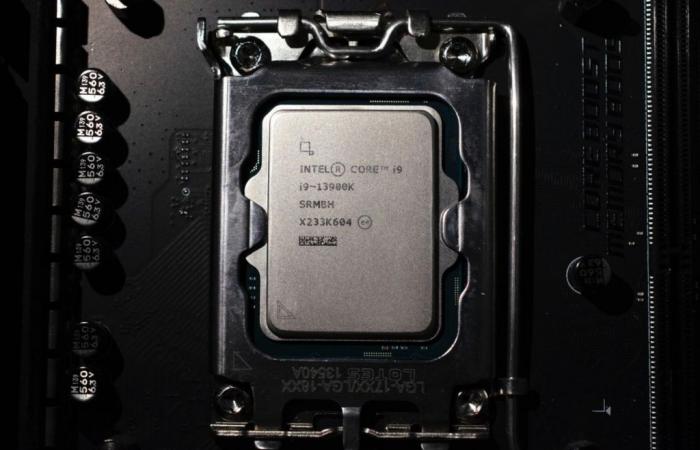For months, Intel’s high-end desktop processors, designed for gaming, have been experiencing instability issues that occasionally lead to games crashing. Despite some recent reports suggesting otherwise, Intel said there is still no permanent fix for the problems found on its 13th and 14th generation Intel Core i9 chips, known as “Raptor Lake” and “Raptor Lake S”.
According to Intel spokesperson Thomas Hannaford, “Contrary to recent media reports, Intel has not confirmed the root cause and is continuing, along with its partners, to investigate user reports of instability issues with 13th and 14th Generation Intel Core (K/KF/KS) desktop processors.”
This statement denies the information previously releasedclarifying that Intel is still analyzing to identify the root cause of the crashes.
The problem appears to be related to a bug in the Enhanced Thermal Velocity Boost feature (eTVB). This feature is designed to optimize processor performance, but may be the cause of instability issues. Intel has released a microcode patch to fix the eTVB bug, but notes that this fix may not completely resolve the issue.
Internal Intel documents, leaked by Igor’s Lab, suggest that the problem comes from incorrect overclocking of processor cores, which continue to operate at high frequencies even when temperatures are too high. This anomalous behavior is attributed to an incorrect value in a microcode algorithm associated with the eTVB feature.
Failure analysis indicated that prolonged exposure to high voltages may have caused a shift in the minimum operating voltage of the affected processors.
To temporarily mitigate the issue, Intel has asked customers to update your BIOS to microcode 0x125 or later by July 19, 2024. This update includes a fix for eTVB that should prevent the processor from entering a higher performance state when the temperature exceeds established thresholds.
Despite this patch, Intel has clarified that eTVB may not be the root cause of the instability issues. The company continues to work with its partners to identify and definitively resolve the cause of the crashes. Intel is committed to finding a comprehensive solution as soon as possible to ensure its processors work properly without compromising user experience.
Waiting for a definitive solution, users of 13th and 14th Intel Core i9 processors generation are encouraged to keep the BIOS updated and monitor any further updates and communications from Intel.






